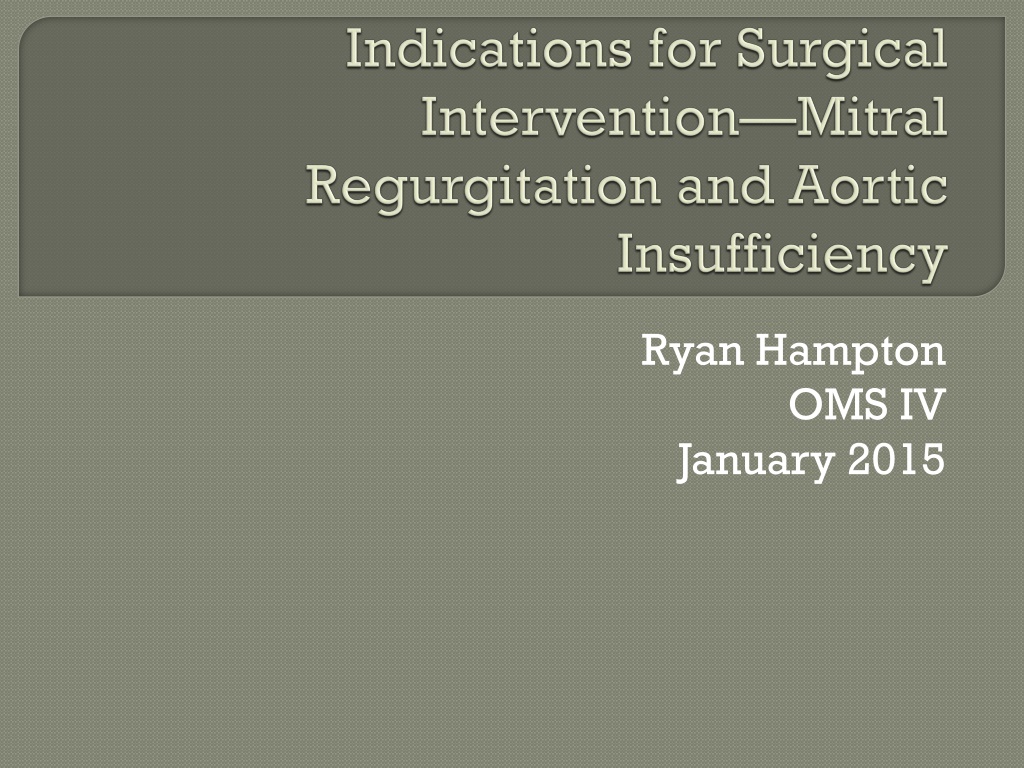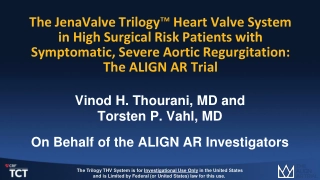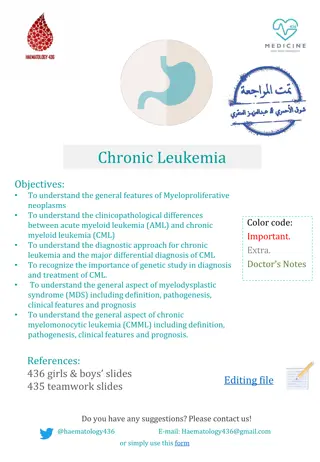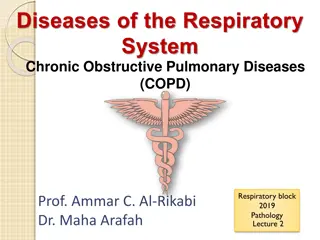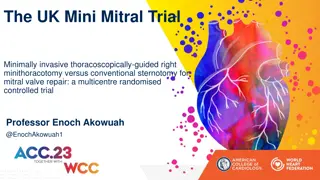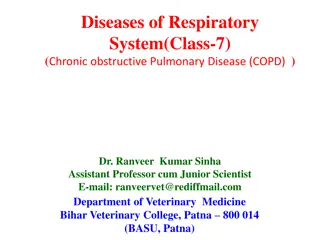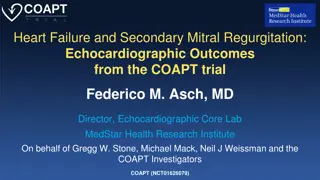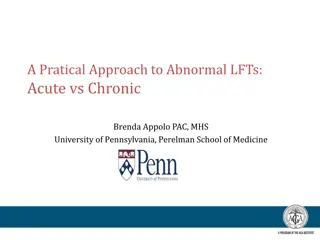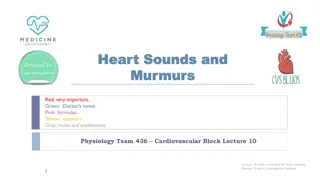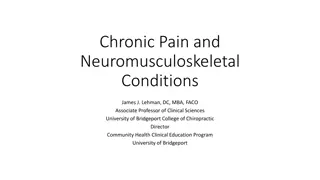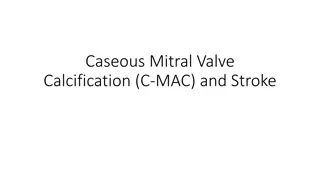Chronic Primary Mitral Regurgitation: Evaluation and Management Considerations
Chronic primary mitral regurgitation (MR) presents various considerations in evaluating severity, symptoms, left ventricular function, and candidacy for mitral valve repair. The management decision involves assessing imaging findings, LV function, and the impact on mortality and quality of life. Surgical intervention is recommended based on severity, symptoms, LV function, feasibility of valve repair, presence of associated conditions like AF or Pulmonary HTN, and patient preference.
Download Presentation

Please find below an Image/Link to download the presentation.
The content on the website is provided AS IS for your information and personal use only. It may not be sold, licensed, or shared on other websites without obtaining consent from the author. Download presentation by click this link. If you encounter any issues during the download, it is possible that the publisher has removed the file from their server.
E N D
Presentation Transcript
Ryan Hampton OMS IV January 2015
Considerations Is MR severe? Is patient symptomatic? Is patient a good candidate? What is Left Ventricular function? Will mitral valve repair improve quality of life and mortality?
Severe Chronic Primary MR AND Symptomatic with LVEF>60% LVEF between 30-60% irrespective of symptoms LVEF <30% only in the event of a primary mitral apparatus defect Not strong evidence for surgery in LVEF<30% in the event that MR is secondary to LV dysfunction No significant symptomatic or mortality benefit
Severe Chronic Primary MR Characteristics (in order of significance) Defined by doppler echocardiography Vena contracta width >/= 7mm Regurgitant orifice >0.40 cm2 Regurgitant volume >/= 60 Regurgitant fraction >/= 50% Jet area > 40% of left atrial area Almost always need left atrial or left ventricular enlargement for dx of severe MR (LVEDd >60 mm)
In the absence of symptoms, management decisions are based on echo and LV function If Severe chronic MR is identified in presence of Normal LV function (EF>60%), patients should be evaluated every 6-12 months with repeat echo with decision for surgery deferred until symptoms present or LV function is compromised
If patient has severely impaired left ventricular function (LVEF<30%), MV repair often does not alter long-term mortality or need for pacemaker ACC/AHA Guidelines Surgery if: severe MR in presence of LV dysfunction is due to primary mitral apparatus abnormality (not functional MR) causing LV impairment
Severe Chronic Primary MRFactors determining timing of surgery Severity Symptoms LV function Valve repair feasibility Presence of AF, Pulmonary HTN Patient preference/expectation
Severe Chronic AR AND: Symptomatic Asymptomatic with LVEF<50% at rest Asymptomatic, LVEF>50% at rest with LVESd>55 mm or LVEDd>75 mm (and sometimes considered with lower thresholds) s/p CABG or other valvular or aorta surgery NOT recommended in asymptomatic patient with LVEF>50% without severe LV dilatation Periodic echocardiographic monitoring is reasonable
Waiting for patient to develop exercise intolerance/dysnea may result in some irreversible LV dysfunction There, valve replacement for AR in asymptomatic patient with chronic severe AR with LVEF<50% is recommended
